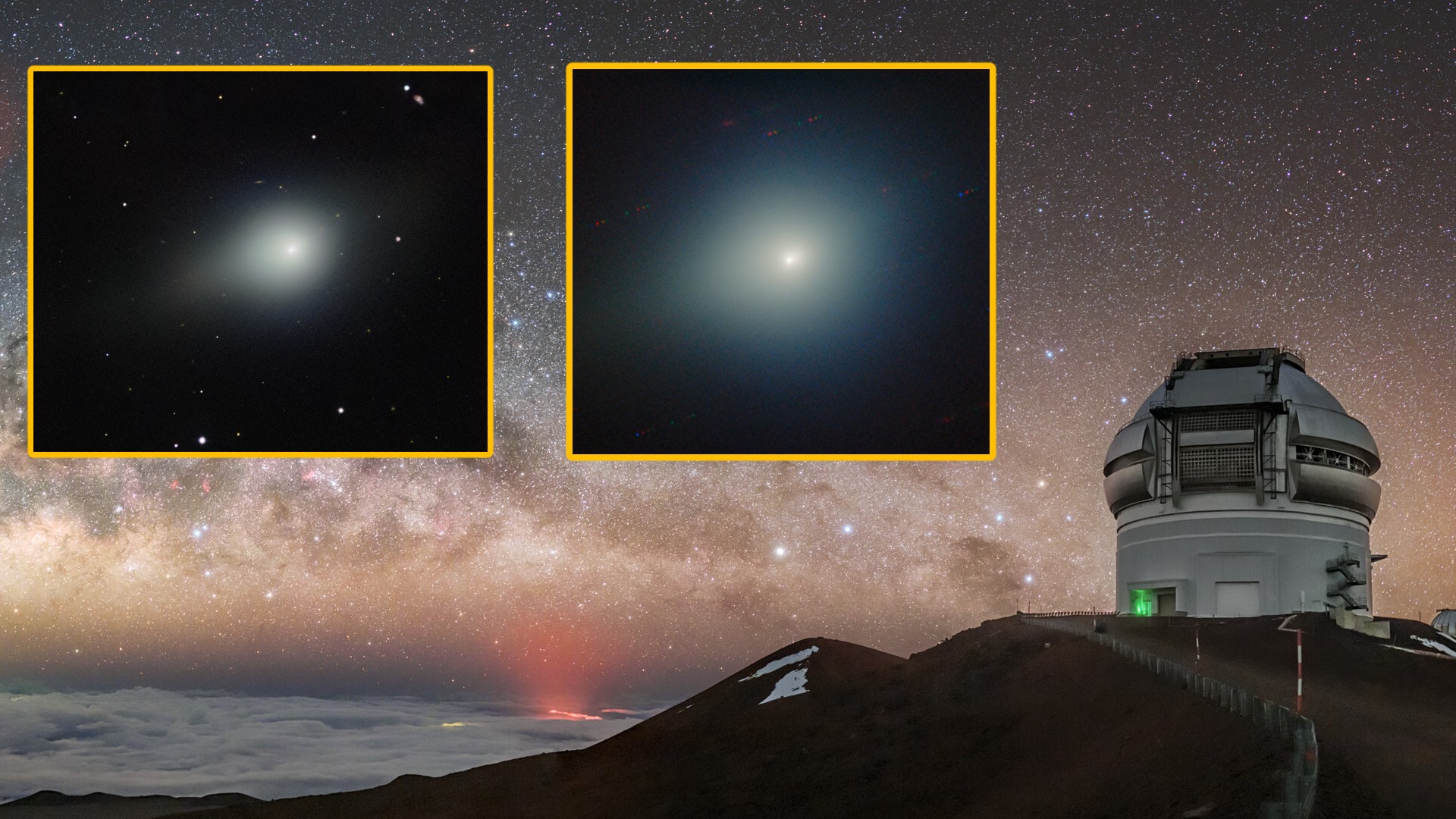Coffee Consumption May Cut Skin Cancer Risk

Drinking coffee with caffeine may reduce the risk of basal cell carcinoma, the most common form of skin cancer, a new study suggests. But the researchers say you should not change your coffee habits based on this one study.
"Our data indicate that the more caffeinated coffee you consume, the lower your risk of developing basal cell carcinoma," said Jiali Han, associate professor at Brigham and Women's Hospital, Harvard Medical School in Boston and Harvard School of Public Health. But, he added, "I would not recommend increasing your coffee intake based on these data alone.”
The findings add to other apparent benefits of coffee, which has been at least suggestively linked to lower risk of depression in women and may counteract cognitive decline. Coffee may even help prevent Alzheimer’s, Parkinson’s disease and type 2 diabetes. [Coffee Habits: Infographic]
“Our results add basal cell carcinoma to a list of conditions for which risk is decreased with increasing coffee consumption,” Han in a statement. “This list includes conditions with serious negative health consequences such as type 2 diabetes and Parkinson's disease."
Basal cell carcinoma is the most commonly diagnosed form of skin cancer in the United States. It develops slowly but can be deadly.
Han and his colleagues studied data from the Nurses' Health Study, a large and long-running study to aid in the investigation of factors influencing women's health, and the Health Professionals Follow-up Study, a similar study for men.
Of the 112,897 participants included in the analyses, 22,786 developed basal cell carcinoma during the more than 20 years of follow-up in the two studies, the researchers explained in a statement. Lower risk of developing basal cell carcinoma was linked to consumption of caffeinated coffee as well as caffeine from other sources: tea, cola and chocolate. Decaffeinated coffee did not have the same effect.
Get the world’s most fascinating discoveries delivered straight to your inbox.
"These results really suggest that it is the caffeine in coffee that is responsible for the decreased risk of basal cell carcinoma associated with increasing coffee consumption," Han said. "This would be consistent with published mouse data, which indicate caffeine can block skin tumor formation. However, more studies in different population cohorts and additional mechanistic studies will be needed before we can say this definitively."
No link was established between caffeine consumption and risk for two other forms of skin cancer, squamous cell carcinoma and melanoma, the most deadly form of the disease.
The findings are detailed in Cancer Research, a journal of the American Association for Cancer Research.



